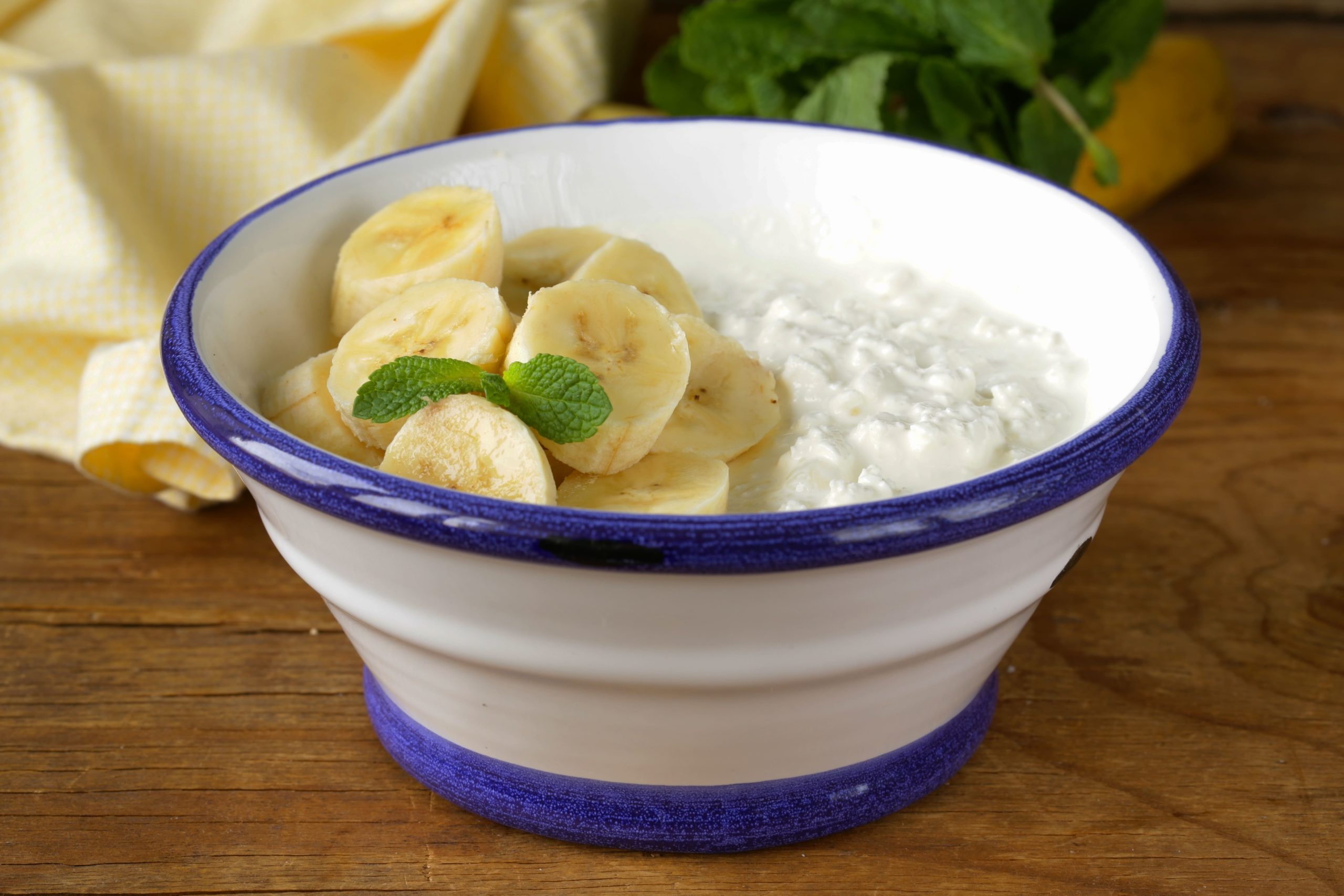Long sessions – whether running, cycling, or swimming – are the cornerstone of endurance training. To get the most out of them, nutrition before the workout is key. Here’s a clear, practical strategy backed by scientific research.
Why pre-workout nutrition matters
During prolonged efforts, muscles rely on both glycogen (stored carbohydrates in the liver and muscles) and fat. The issue: glycogen stores are limited and can become depleted after about 90 to 120 minutes of intense activity (Cermak & van Loon, 2013). A proper pre-training meal ensures these stores are full, delays fatigue, and helps prevent the dreaded “bonk.”
Some athletes, however, prefer to train in a fasted state. You’ll find the benefits, limitations, and different approaches in this article on fasted training.
How many carbohydrates should you eat?
General guidelines (Thomas et al., 2016) suggest consuming 1 to 4 grams of carbohydrates per kilogram of body weight in the 1 to 4 hours before your session:
- 3–4 g/kg: A full meal about 3–4 hours before exercise
- 2 g/kg: A lighter meal about 2 hours before
- 1 g/kg: A small, easily digestible snack within the last hour
Adjust the amount based on your digestion, the planned duration/intensity of your workout, and your personal habits.
What to eat?
Recommended carbohydrate sources:
- White or whole grain bread, rice, pasta, oats
- Ripe fruit: banana, mango, dates
- Closer to start time: juice, sports drinks, carbohydrate bars
Include a small amount of protein:
- Natural or fruit yogurt
- Cottage cheese
- Eggs or protein-rich snacks
Avoid fats and fiber right before your workout
Certain fats and fibers can slow digestion and increase the risk of GI issues:
- Fats: butter, high-fat cheese, sausages, fried foods
- Fibers: large amounts of raw vegetables, salads, legumes (lentils, chickpeas)
These can delay gastric emptying and lead to discomfort during training.
Practical examples (athlete: 75 kg)
Carbohydrate values below are approximate available carbs per item. Adjust based on product brand and personal tolerance.
3 Hours before (≈ 3 g/kg = 225 g carbs)
- 200 g cooked pasta ≈ 50 g
- 3 slices white bread ≈ 45 g
- 1 banana ≈ 25 g
- 1 sweetened yogurt (125 g) ≈ 25 g
- 1 glass orange juice (250 ml) ≈ 30 g
- 40 g raisins ≈ 32 g
- 1 small muesli bar ≈ 25 g
2 Hours before (≈ 2 g/kg = 150 g carbs)
- 2 slices of bread with jam ≈ 50 g
- 1 small muesli bar ≈ 25 g
- 1 apple ≈ 20 g
- 1 glass of juice (250 ml) ≈ 30 g
- 30 g raisins ≈ 25 g
1 Hour before (≈ 1 g/kg = 75 g carbs)
- 500 ml sports drink ≈ 30 g
- 1 ripe banana ≈ 25 g
- 3 dates ≈ 18–20 g

Does the glycemic index matter?
When choosing carbohydrates, it’s not just about how much you eat, but also how fast the energy becomes available. That’s where the glycemic index (GI) comes in — it measures how much a food raises your blood sugar.
- Low GI (≤ 55): Slow, steady energy release → helps maintain stable energy. Best if eaten 3–4 hours before (e.g., brown rice, oats, apples).
- High GI (≥ 70): Fast energy availability → useful in the last hour before exercise (e.g., white bread, dates, juice).
In practice: GI isn’t a key performance factor, but it helps match carbohydrate type with meal timing (Burke et al., 2011).
Hydration: often overlooked
Losing just 2% of your body weight in fluid through sweat or insufficient hydration can already impair performance.
Hydration guidelines:
- 2 hours before: ~500 ml water
- Just before starting: 200–300 ml (more if it’s hot)
- If session >90 min: include a sports drink (6–8% carbs) with electrolytes
Same rules for running, cycling, and swimming?
The basic principles apply across endurance sports, but digestion differs by discipline:
- Running: The constant impact makes digestion more sensitive. Stick to light, low-fiber meals to avoid discomfort.
- Cycling: The seated position supports digestion. You can handle a slightly larger meal — as long as it’s eaten early enough.
- Swimming: The main issue is feeling heavy in the water. Opt for very easy-to-digest snacks like a banana or sports drink shortly before the session.
Summary
- Eat 1–4 g/kg of carbs in the 1–4 hours before training — depending on timing and tolerance
- Limit fats and fiber to avoid GI issues
- Choose low GI carbs for meals 3–4h before, high GI carbs for snacks in the last hour
- Hydrate well from the moment you wake up
- Adjust consistency and volume based on your sport
Plan your pre-session fueling well, and you’ll start fully loaded — reducing the risk of mid-session crashes.
References
- Thomas DT, Erdman KA, Burke LM. Position of the Academy of Nutrition and Dietetics, Dietitians of Canada, and the American College of Sports Medicine: Nutrition and Athletic Performance. J Acad Nutr Diet. 2016;116(3):501-528.
- Cermak NM, van Loon LJ. The Use of Carbohydrates during Exercise as an Ergogenic Aid. Sports Med. 2013;43(11):1139-1155.
- Burke LM, Hawley JA, Wong SHS, Jeukendrup AE. Carbohydrates for Training and Competition. J Sports Sci. 2011;29(sup1):S17-S27.

